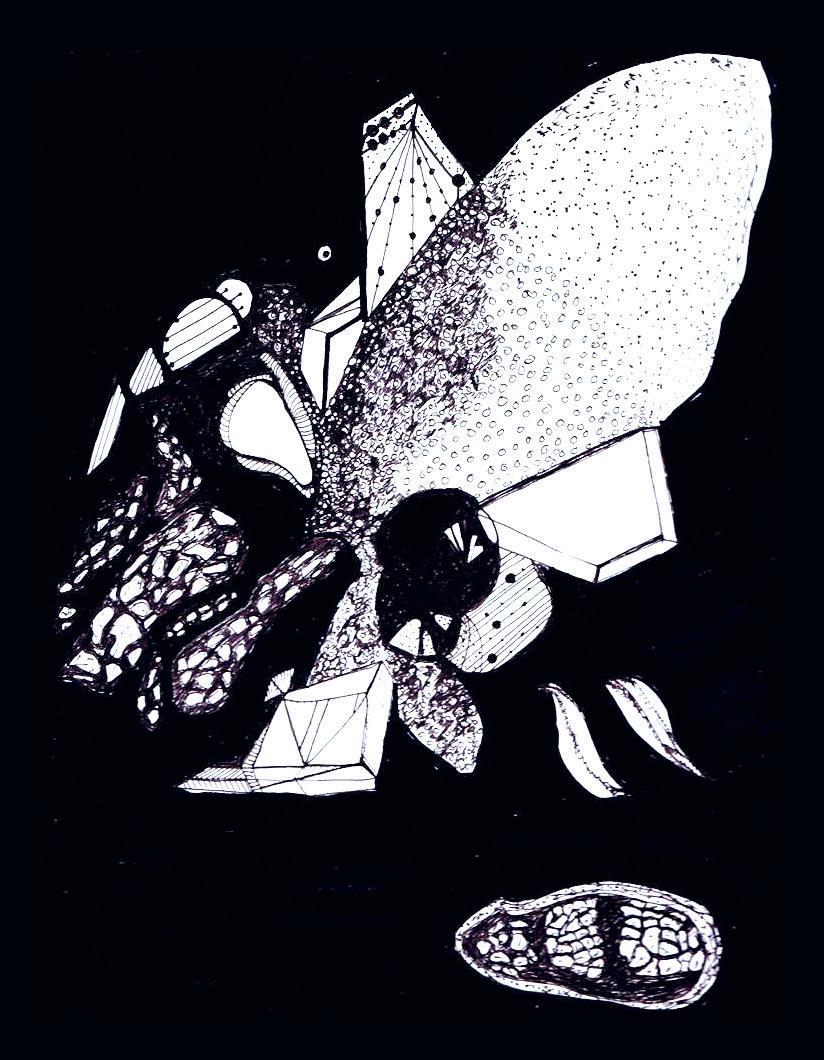
2 minute read
Vitamin and mineral supplementation and the effect on the genetic component in coming generations.
by Carmen de la Rocha, PhD
Over the past few decades, a culture of supplementation has arisen in order to prevent deficiencies and undernutrition. This has been demonstrated to work in a number of cases: for example, thiamine (B1 vitamin) supplementation in Asiatic countries has reduced the incidence and prevalence of beriberi [1], and in Nordic countries, vitamin D supplementation in dairy products has prevented deficiencies resulting from a lack of exposure to sunlight [2]. During pregnancy, the practice of vitamin, mineral, and omega supplementation is used worldwide, and it has been shown to prevent complications such as preeclampsia and gestational diabetes along with benefiting birth weight, cognitive development, and other indicators favorable to the offspring’s health in their extrauterine life and into adulthood [3].
Advertisement
Pregnant women are of particular interest, since the influence of what they ingest during this period will have an effect on two subsequent generations: the baby developing in utero, and the generation after, whose germinal cells are also exposed during this period [4].
One of the most widely-used supplements during pregnancy is folic acid (FA), due to its relation with the reduction of the rate of neural tube defects. However, this vitamin is associated with an epigenetic mark called DNA methylation, which influences gene regulation [5].
Furthermore, recent reports show that women tend to exceed the recommended tolerable upper limit when taking folic acid supplements during pregnancy. This is of concern, since evidence from studies in rodents showed that
FA exposure during gestation caused changes in gene expression and anxiety and hyperactivity in offspring. It is known that supplementation during pregnancy is associated with increased DNA methylation in mice progeny in mice, which leads to a differential gene expression in comparison with their unsupplemented controls. Exposure to a higher-dose FA diet during gestation caused dysregulation of the expression of many genes, including neurodevelopmental genes, and epigenomic changes [6]. It is imperative that clinical research be carried out in order to understand the implication of over-supplementation. While for certain supplements no toxic effects are observed in the short term, it is possible that there are associated genetic marks that could have long-term repercussions and impact future generations.

References: [1] J. J. Dinicolantonio, A. K. Niazi, C. J. Lavie, J. H. O’Keefe, and H. O. Ventura, “Thiamine supplementation for the treatment of heart failure: A review of the literature,” Congest. Hear. Fail., vol. 19, no. 4, pp. 214-222, 2013. [2] I. M. Grønborg, I. Tetens, M. Ege, T. Christensen, E. W. Andersen, and R. Andersen, “Modelling of adequate and safe vitamin D intake in Danish women using different fortification and supplementation scenarios to inform fortification policies,” Eur. J. Nutr., vol. 58, no. 1, pp. 227–232, 2019. [3] T. A. Zerfu and H. T. Ayele, “Micronutrients and pregnancy; Effect of supplementation on pregnancy and pregnancy outcomes: A systematic review,” Nutr. J., vol. 12, no. 1, pp. 1–5, 2013. [4] C. E. Aiken and S. E. Ozanne, “Transgenerational developmental programming,” Hum. Reprod. Update, vol. 20, no. 1, pp. 63-75, 2014. [5] M. Valentin, P. Coste Mazeau, M. Zerah, P. F. Ceccaldi, A. Benachi, and D. Luton, “Acid folic and pregnancy: A mandatory supplementation,” Ann. Endocrinol. (Paris)., vol. 79, no. 2, pp. 91–94, 2018. [6] D. Wiens and M. C. Desoto, “Is high folic acid intake a risk factor for autism?–a review,” Brain Sci., vol. 7, no. 11, 2017.









